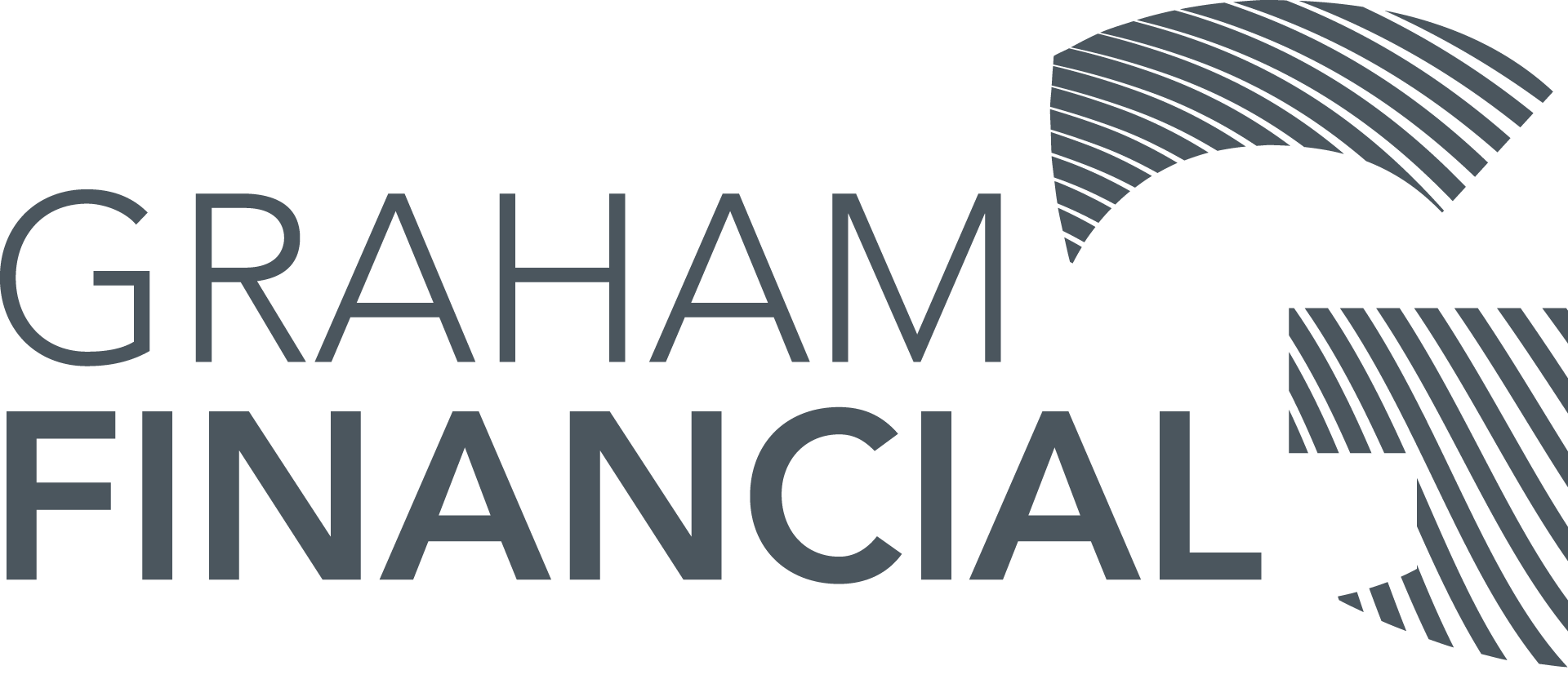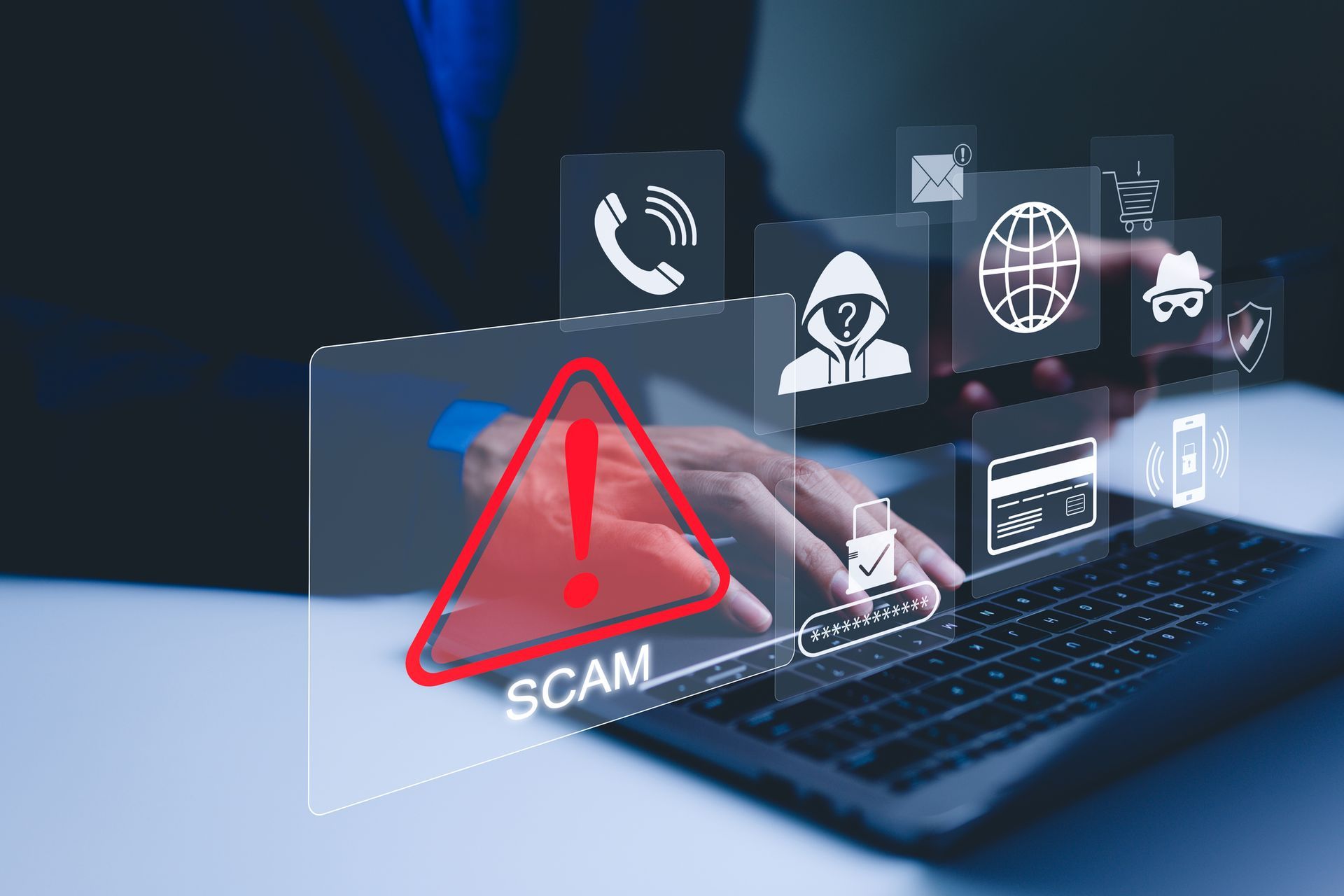Beware of Scammers
The term ‘scammers’ sounds sort of hip, but let’s call it what it is … these acts are criminal, and the perpetrators are low life thieves. It is entirely likely that you will know someone who has been impacted by a scam. Scammers target people of all backgrounds, ages and income levels across Australia. There's no one group of people who are more likely to become a victim of a scam; all of us may be vulnerable to a scam at some time.
Scams succeed because they look like the real thing and catch you off guard when you’re not expecting it. Scammers are getting smarter and taking advantage of new technology, new products or services and major events to create believable stories that will convince you to give them your money or personal details.
You should not feel ashamed if you suspect you might have been caught. Like most crimes, scammers flourish when the victims stay silent. Scammers will use all forms of communication; email, phone, websites. No matter what the format, the scam and the scammers rely on engaging you to cooperate with them.
It is a mistake to underestimate the skills of these criminals. They are experienced at coercion and they very quickly create a sense of urgency to encourage you to do their bidding. They will pretend to be from government agencies like Centrelink or the Tax Office. They will falsely represent Telstra or other large organisations that are well known and trusted in the community.
What can you do to protect yourself? Your best defence if you are in doubt is to STOP the interaction. Do not give any information to a scammer – just hang up or turn off your computer and walk away. If you are concerned, talk to your trusted adviser or a family member. Be confident knowing there is no legitimate business that will push you to give them your personal or financial details. Every real business or government agency is prepared to wait until you are satisfied of their bona fides.
Tips to protect yourself from scams:
- Ignore cold call phone calls that ask about your computer or phone.
- Never provide a stranger remote access to your computer, even if they claim to be from a company such as Telstra or the NBN Co.
- Keep your personal details secure – shred documents with your name and address on them.
- Don’t click on hyperlinks in text messages, social media messages or emails, even if it appears to come from a trusted source.
- Type website addresses into your browser’s address bar rather than clicking on any links that you’ve been sent.
- To verify the legitimacy of a contact, find the organisation through an independent source such as a phone book, past bill or online search.
- Be wary of unusual payment methods like iTunes cards.
What do you do if you think you have been scammed? Contact your financial institution immediately and report any financial transaction you have undertaken. There is likely to be an opportunity to recover your funds if you act quickly. Prepare yourself to be contacted by the scammers again and ignore these attempts. Scammers - like other thieves - will come back to where they have been successful.
Most of all be alert. The Australian Competition and Consumer Commission (ACCC) Scamwatch website states there have been 6,120 scam reports that mention the coronavirus with more than $8 million in reported losses since the outbreak of the COVID-19. The risks are real.











